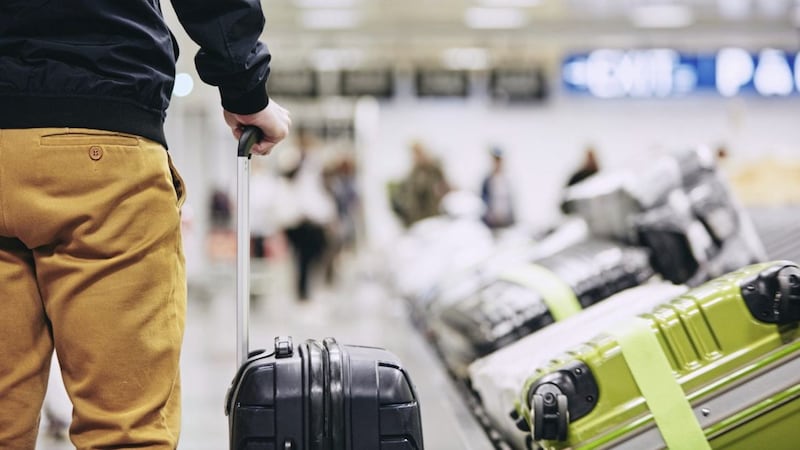Q: MY husband has pitting oedema and the doctor says there is no cure. Is this the case, and is it safe for him to take a long flight with this condition?
LW
A: OEDEMA is the medical term for swelling that’s caused by fluid retention. Pitting oedema means that if you apply pressure to the swollen area, then an indent will remain for a few seconds (with non-pitting oedema, applying pressure will not cause any lasting indentation – and this has different underlying causes).
The swelling itself is caused by an increase in the amount of fluid, known as lymph, present in the interstitial space – the area outside of blood vessels and around the cells which make up our tissue.
The fluid is essentially blood that has been filtered of blood cells by the capillary walls it has pushed through.
There are a number of conditions that cause this build-up of fluid, such as heart failure, cirrhosis of the liver, kidney disease and disorders of the veins that return blood to the heart – varicose veins (swollen veins), for example.
I am going to assume that the oedema you describe is of the lower legs.
The most common cause of bilateral leg oedema (swelling in both legs) is when the body has trouble sending blood from veins back to the heart.
This is usually due to severe varicose veins – the blood vessels are grossly widened and so there is less pressure on the blood to flow in the right direction. So blood, rather than coursing along a relatively narrow vessel back toward the heart, is only indolently flowing, almost like water in a canal rather than a fast river.
Varicose veins are also often so wide they have no effective valves that would otherwise control blood flow in the correct direction.
In the absence of detailed knowledge of your husband’s medical history, it is necessary to consider whether the pitting oedema is a result of the side-effects of medications he may be taking – most commonly a group of drugs called calcium channel blockers, which are prescribed for high blood pressure.
These medicines cause sodium retention, which inevitably leads to a build-up of fluid.
Your GP will have taken these details into account before making his prognosis, and will also have excluded causes such as heart failure, kidney disorders and deep vein thrombosis (blood clots in deep veins).
If your GP has not recommended any specific precautions, I would assume your husband is safe to take a long flight; it is, however, essential that he wears full-length compression stockings to guard against the swelling worsening in his legs.
He should also walk along the aisle in the plane once every two hours and stay well hydrated.
Seek the advice of the GP again before the flight, in case there are aspects that have not been revealed to me, and ask about the right compression stockings.
A prescription is not essential – your pharmacist will be able to provide this hosiery.



